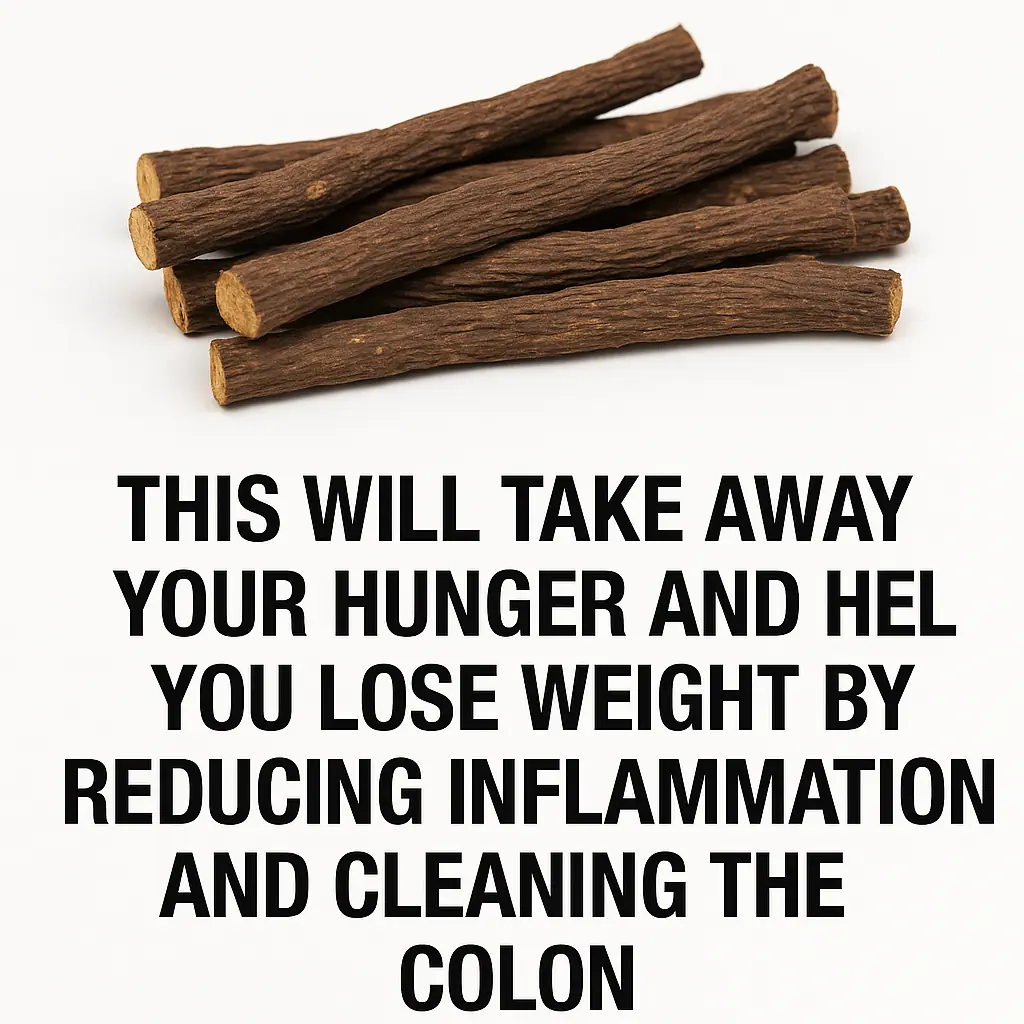
What Happens to the Soul When the Body Is Cremated? A Compassionate Look at Beliefs Around Death & Beyond
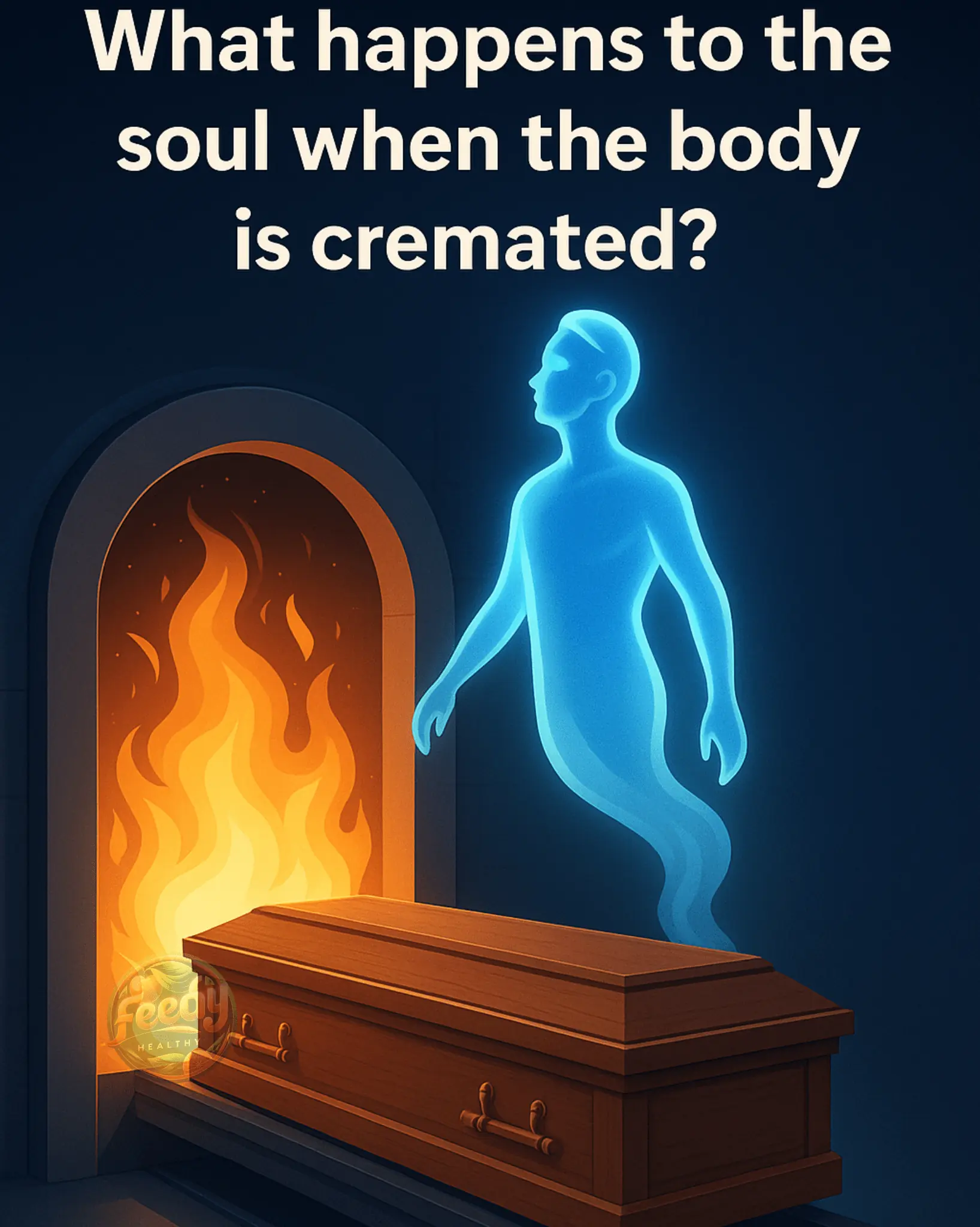
A Compassionate Exploration of Beliefs About Death and Beyond
The death of a loved one often opens a quiet space for reflection — a time when deep, timeless questions arise:
-
What happens to the soul after death?
-
Does cremation affect the soul’s journey?
-
Where do our loved ones go?
Science can describe the physical process of cremation, but questions about the soul belong to faith, culture, and personal belief. Below is a respectful look at how different traditions and philosophies understand the soul’s journey after cremation.
🔥 Cremation and the Body
Cremation uses intense heat (1,400–1,800°F) to reduce the body to bone fragments, which are then processed into ash. This is a transformation of matter — not the destruction of identity.
Many see the body as a temporary vessel, like a house for the soul. When the vessel is gone, the soul moves on.
🌍 Spiritual and Religious Views
1. Hinduism – The Immortal Soul
-
The soul (atman) is eternal and indestructible.
-
Cremation is preferred to quickly free the soul for its next journey — either reincarnation or moksha (liberation).
-
Fire is sacred, purifying and guiding the soul.
“The soul is not slain when the body is destroyed.” — Bhagavad Gita 2:20
2. Buddhism – A Transition, Not an End
-
No permanent soul, but a stream of consciousness continues.
-
Cremation symbolizes impermanence and letting go of attachment.
-
Consciousness passes through the bardo (intermediate state) before rebirth.
3. Sikhism – Return to the Elements
-
The body returns to earth, water, fire, air, and ether.
-
The soul journeys toward union with the Divine.
-
Cremation is standard, with prayers to guide the soul.
4. Christianity – Resurrection of the Soul
-
Traditionally favored burial, but cremation is now widely accepted.
-
The soul goes to God immediately after death.
-
The Vatican affirms cremation does not affect the soul or resurrection.
5. Islam – Burial as a Sacred Duty
-
Cremation is forbidden; burial is required.
-
The body belongs to God and must be treated with dignity.
-
The soul awaits resurrection after death.
6. Judaism – Sacredness of Burial
-
Orthodox Judaism prohibits cremation; burial is a mitzvah (commandment).
-
The soul transitions over 12 months.
-
Reform Judaism is more accepting, though burial remains preferred.
7. Spiritual But Not Religious – The Soul as Energy
-
The soul is pure energy or consciousness, untouched by fire.
-
Cremation is viewed as a symbolic release.
-
The soul may move toward the light, reunite with loved ones, or return to a universal source.
💭 Near-Death Experiences
Those who report near-death experiences often describe:
-
Profound peace and love
-
Seeing a bright light or spiritual beings
-
Reviewing their life
-
Being told it is “not their time”
None mention the body’s condition, suggesting the soul’s journey begins instantly after death.
🕯️ Meaning of Cremation for the Living
For the bereaved, cremation can be a ritual of release:
-
Letting go of the physical form
-
Honoring final wishes
-
Returning ashes to nature
-
Creating space for healing
Because the soul was never in the ashes — it remains in the laughter, love, and memories.
Final Reflection
We may never know exactly what happens to the soul after cremation. Yet across cultures, a shared belief remains:
The soul is eternal — free from the limits of fire, earth, and time.
Whether seen as reincarnating, resurrecting, or returning to the universe, the soul is understood to transcend the body, continuing its journey beyond the physical world.
News in the same category

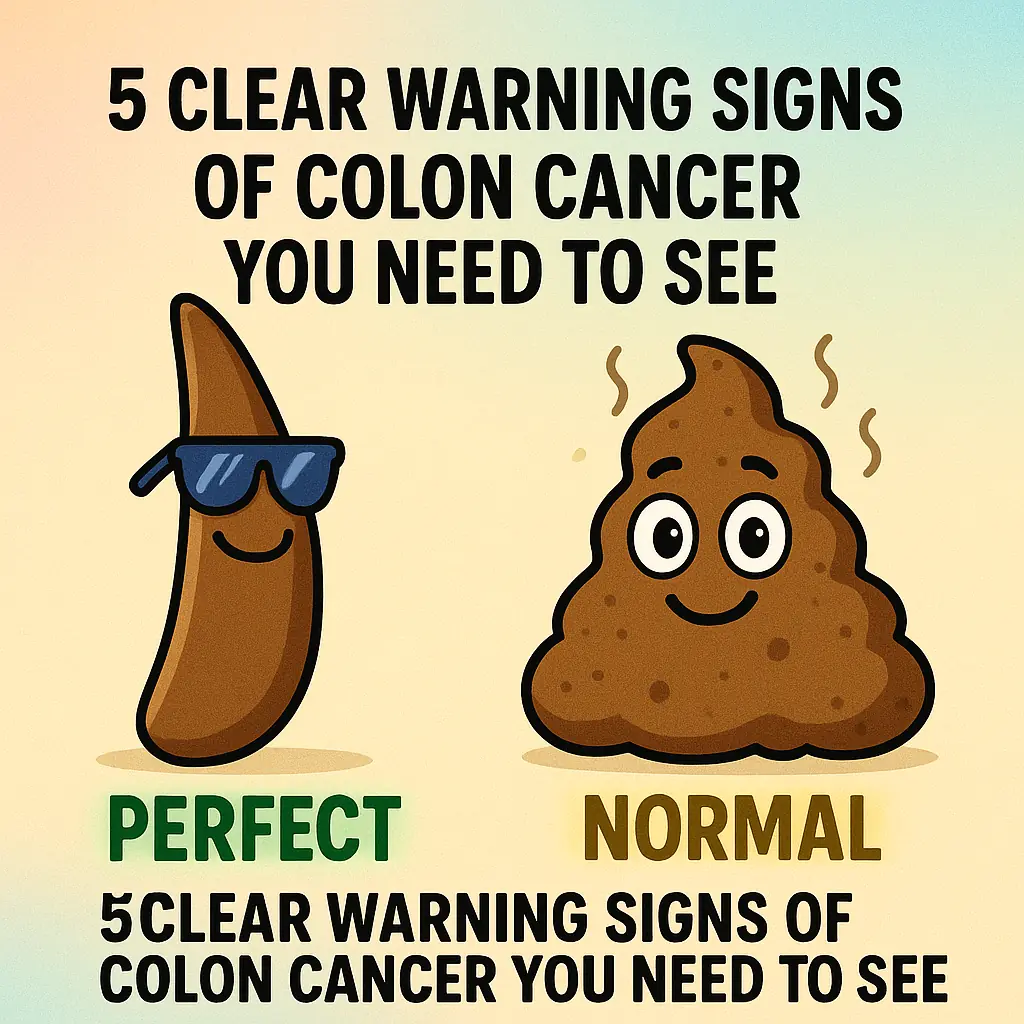
5 Concerning Red Flags That May Signal Colon Cancer

Chayote Juice to Cleanse the Liver, Kidneys, and More
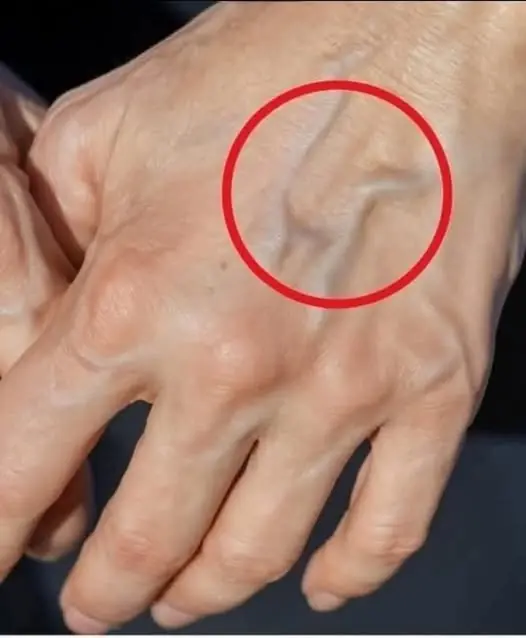
Natural Remedies to Improve the Health of Your Veins and Skin

8 Unusual Signs That May Indicate Cervical Cancer – Women Should Know Early
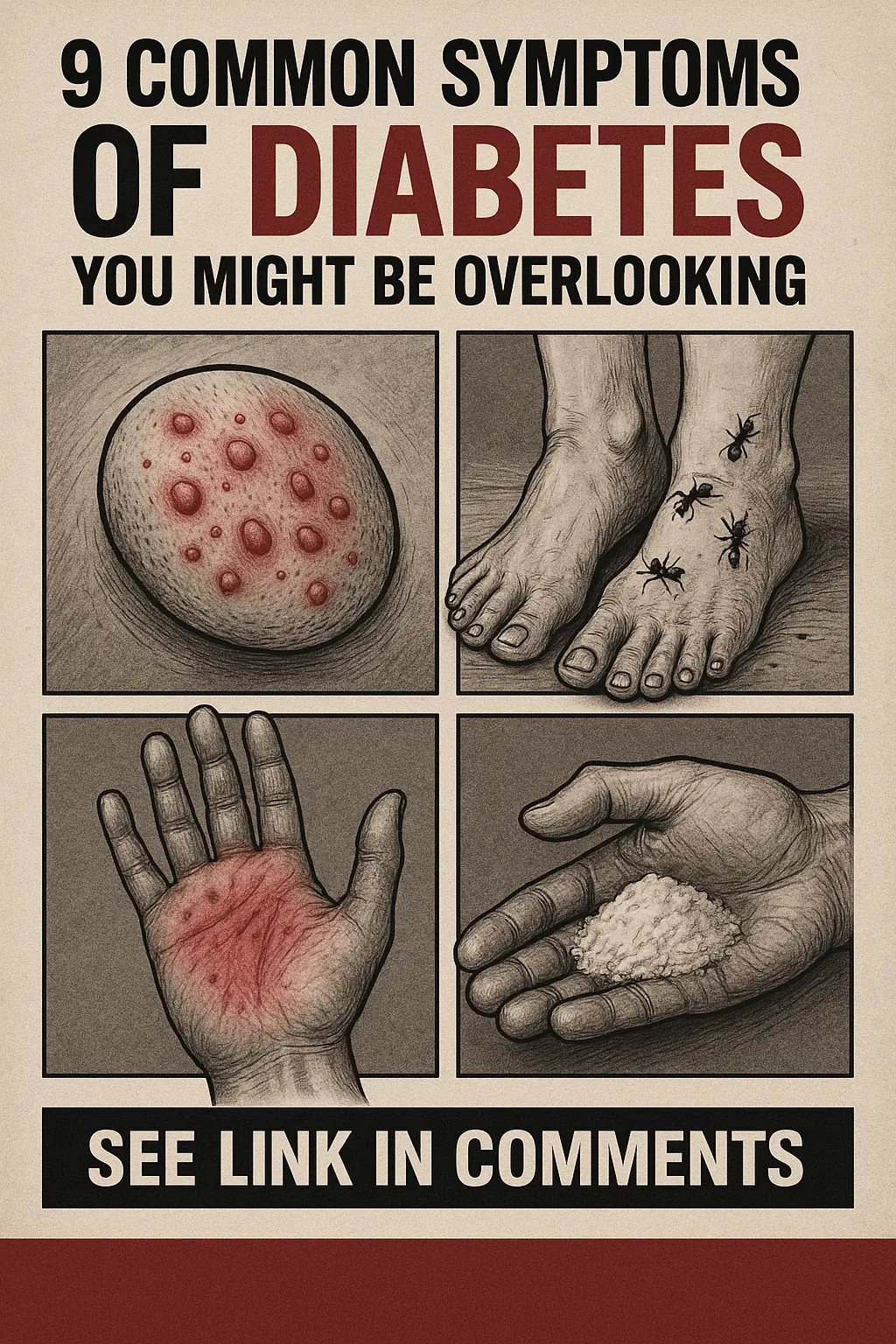
9 Common Signs of Diabetes You Shouldn’t Ignore
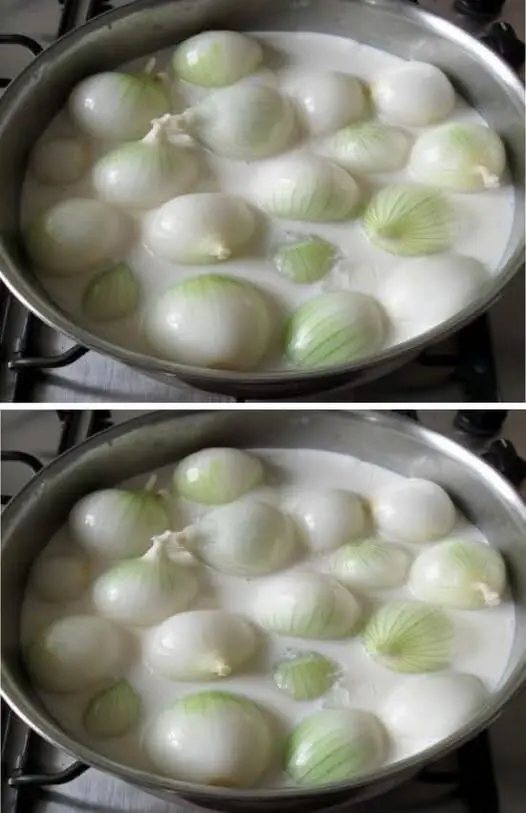
The Benefits of Cooking Onion in Milk: An Unmatched Natural Remedy

The Ultimate Guide to Cloves: Benefits, Uses, and How They Work

11 Everyday Benefits of Cloves That Might Surprise You

How to Strengthen and Grow Your Nails Naturally

The Powerful Watermelon, Carrot, Beet, and Ginger Juice: A Healthy Recipe for Vitality and Wellness

Health Benefits of Oregano and How to Use It
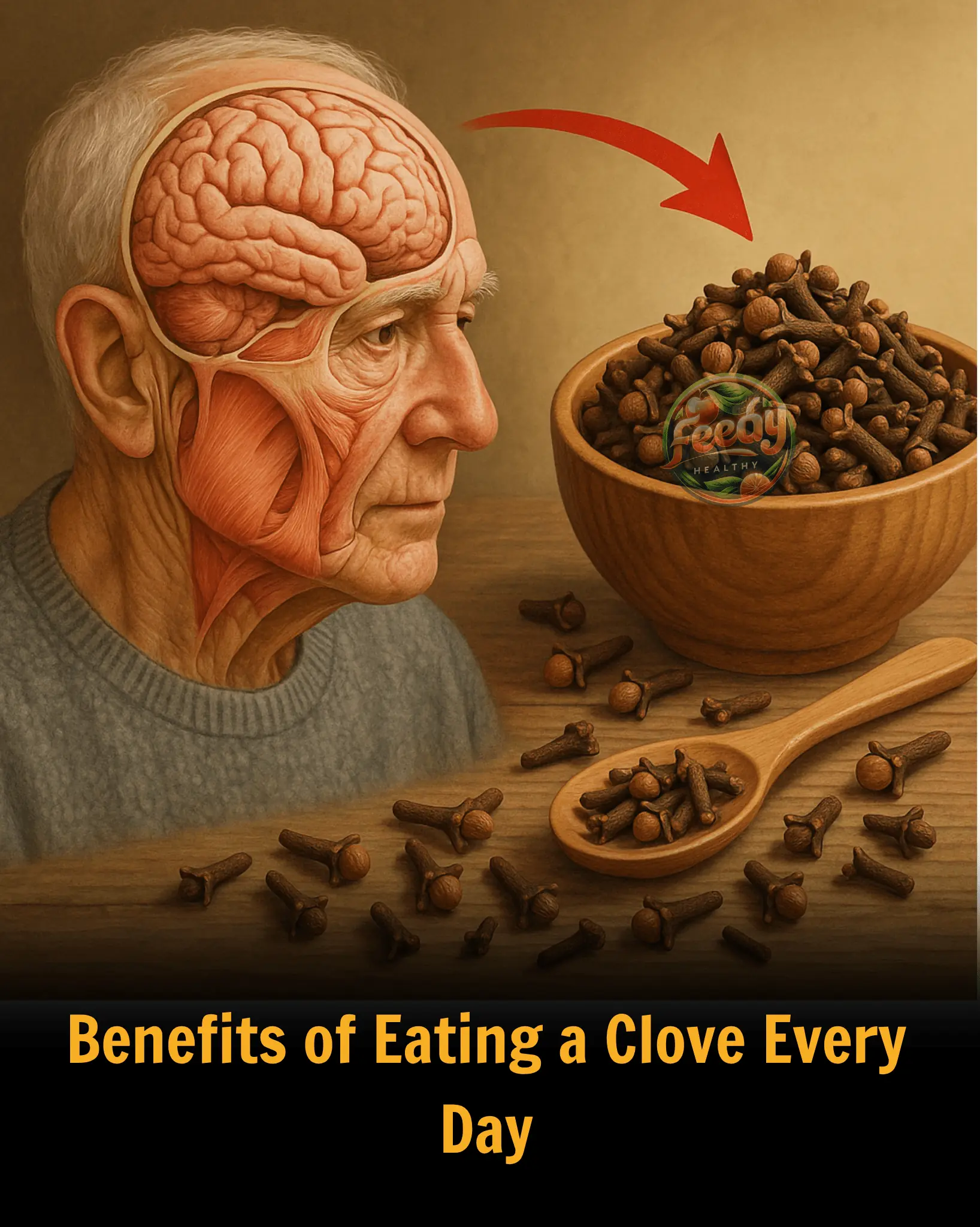
Benefits of Eating a Clove Every Day
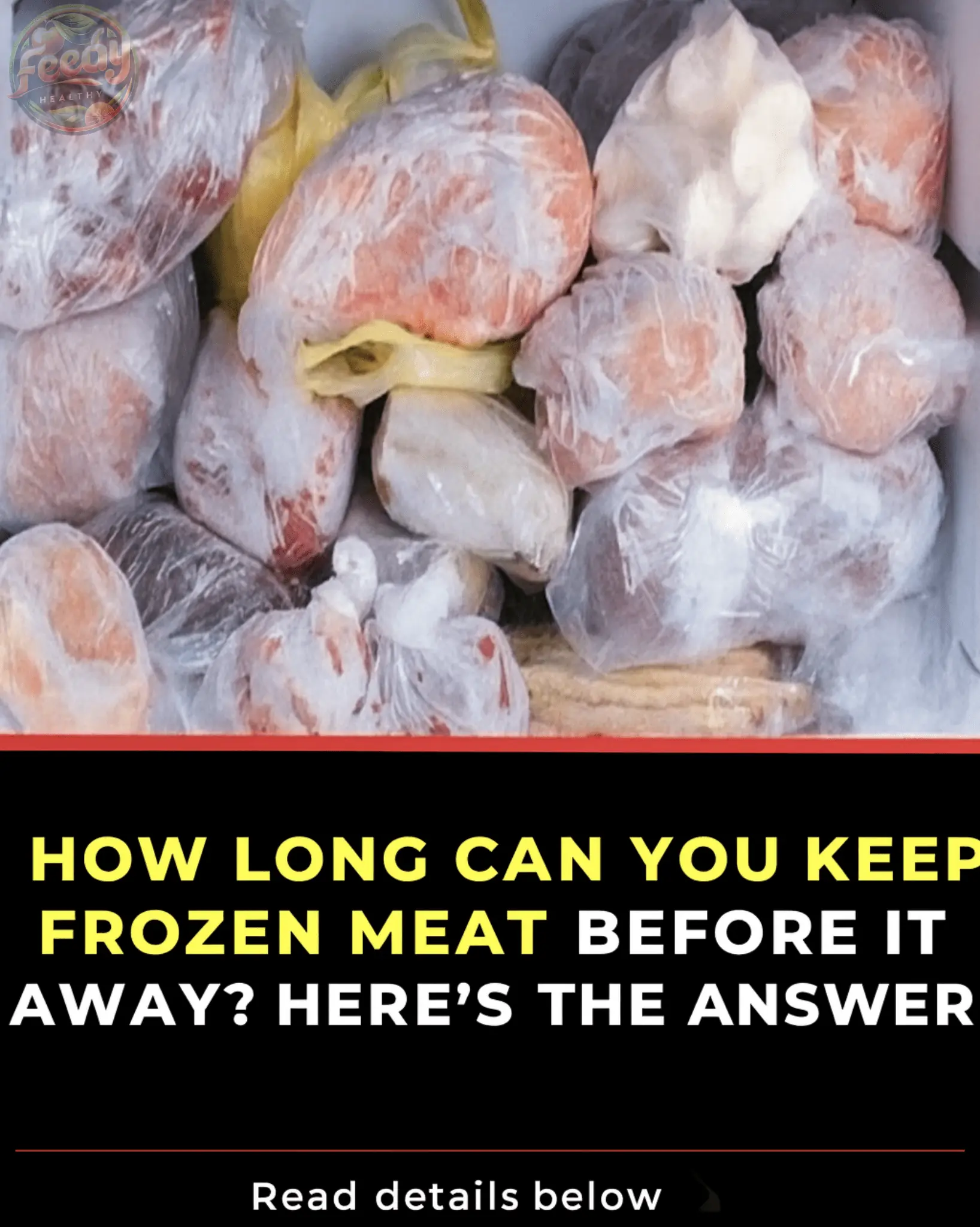
How Long Can You Keep Frozen Meat Before Throwing It Away? Here’s the Answer
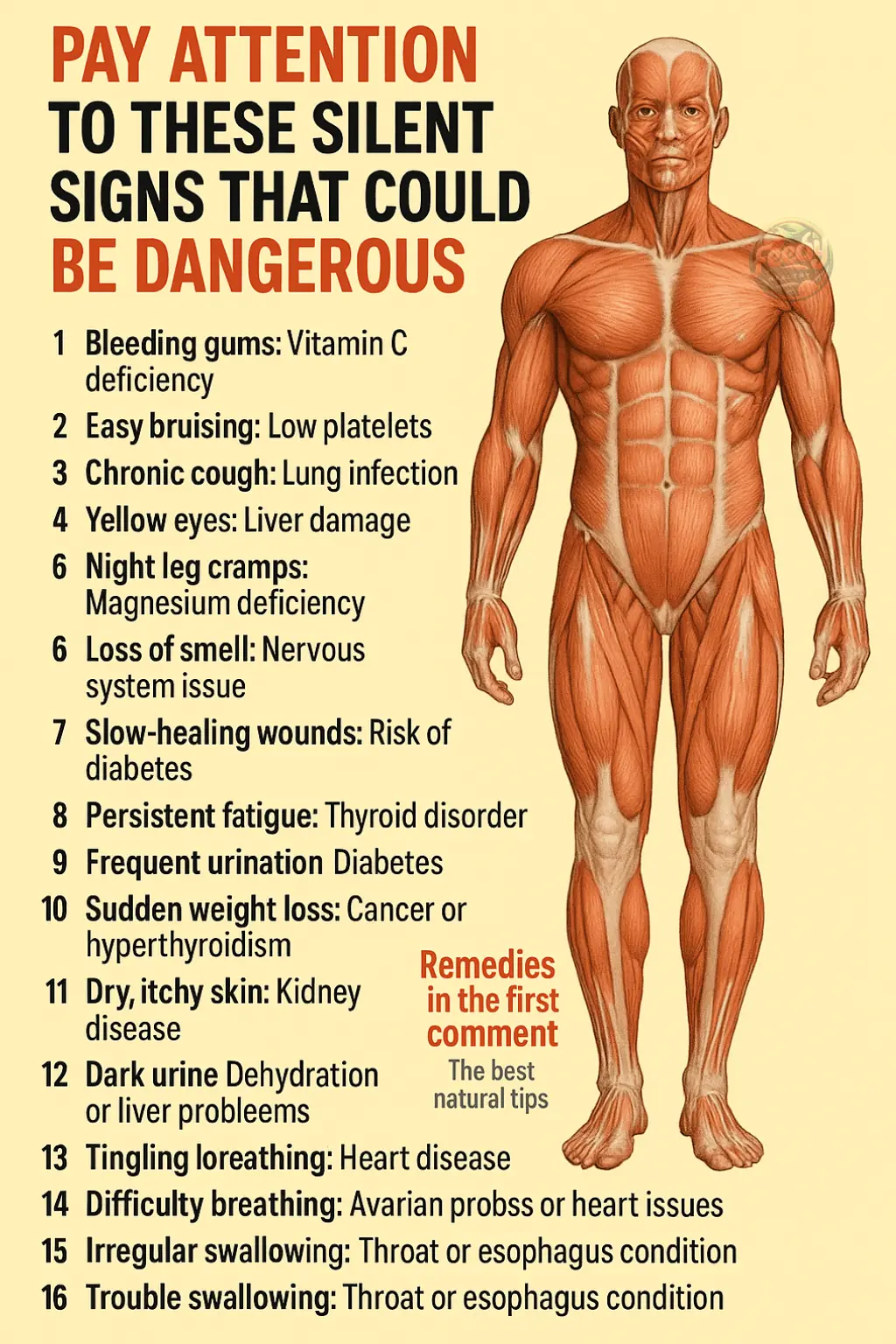
17 Silent Signals Your Body Is Sending You (And How to Relieve Them Naturally)

The Magic of Cloves and Cinnamon Water: A Daily Health Ritual for the Young at Heart

People at Risk of Cancer Often Show 3 Unusual Signs in the Neck – Even One Is a Health Warning

3 Selfish Habits of Husbands That Increase Their Wives’ Risk of Cervical Cancer – Stop Them Now Before They Harm the Whole Family
News Post

Surf and Turf: Filet Mignon & Lobster Tail 🥩🦞

Garlic Butter Broiled Lobster Tail 🦞🍋
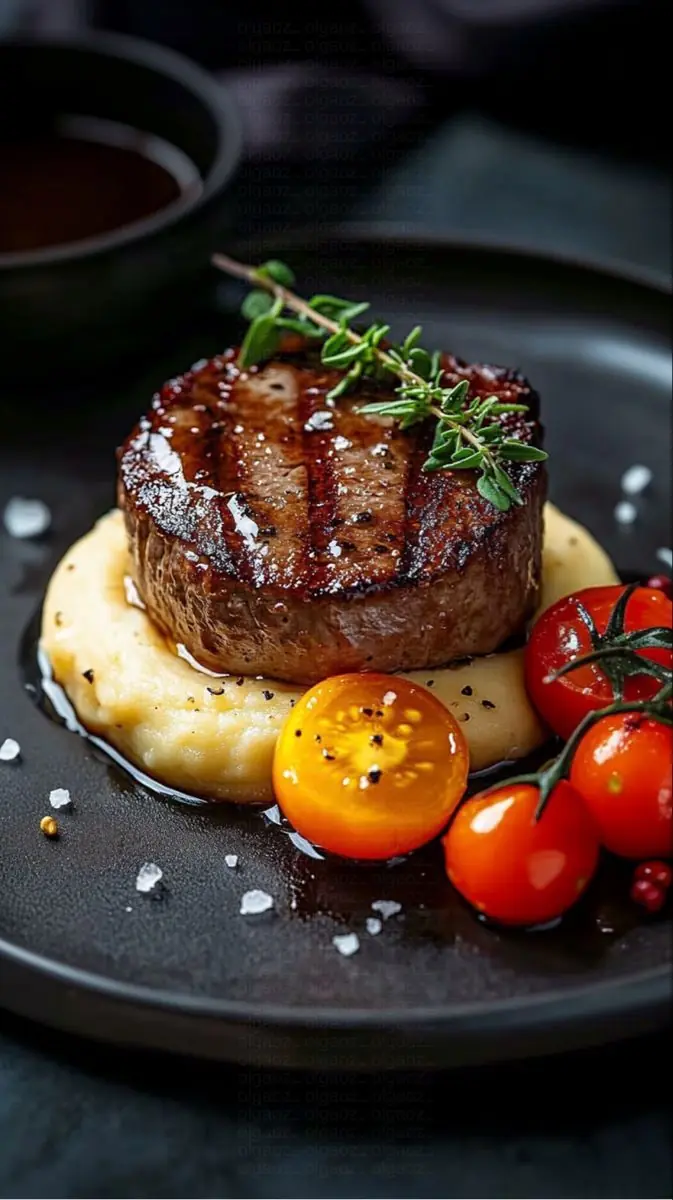
Filet Mignon with Mashed Potatoes & Roasted Cherry Tomatoes 🥩🍅
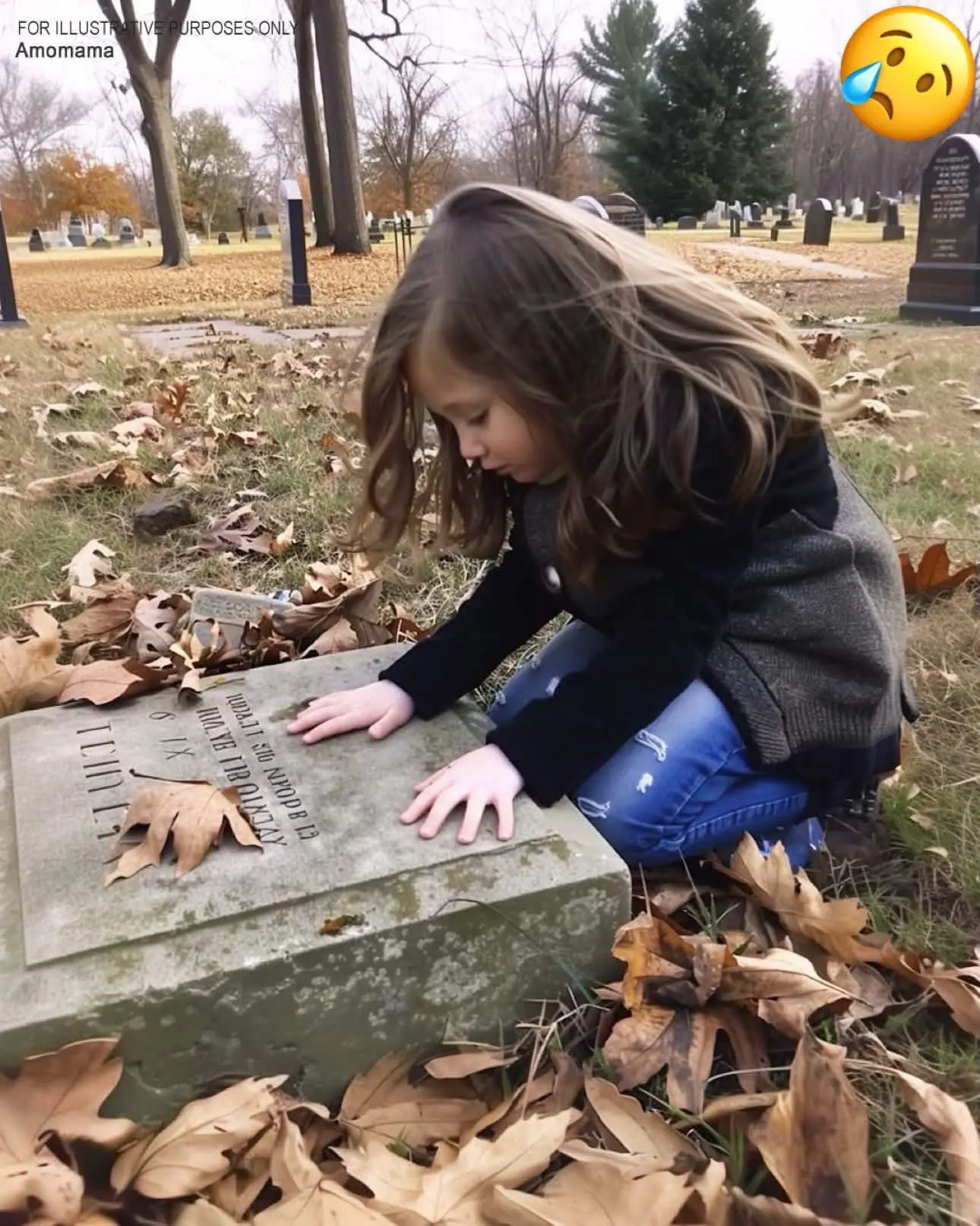
The moment my new coworker walked in, I immediately recognized him as the person who had once turned my world upside down

The Volume Buttons on Your iPhone Have Countless Hidden Features

Uncover the Beauty Secrets of Bay Leaf for Glowing Skin

150 Times Stronger Than Lemon! A Natural Cleanser for the Intestines and Liver

Natural Roots That Help Control Appetite and Improve Digestive Health

5 Concerning Red Flags That May Signal Colon Cancer

Most People Have No Idea What The Lines On Bath Towels Actually Mean

How to Eliminate Nail Fungus: Effective Home Remedies

Chayote Juice to Cleanse the Liver, Kidneys, and More

Natural Roots That Help Control Appetite and Improve Digestive Health
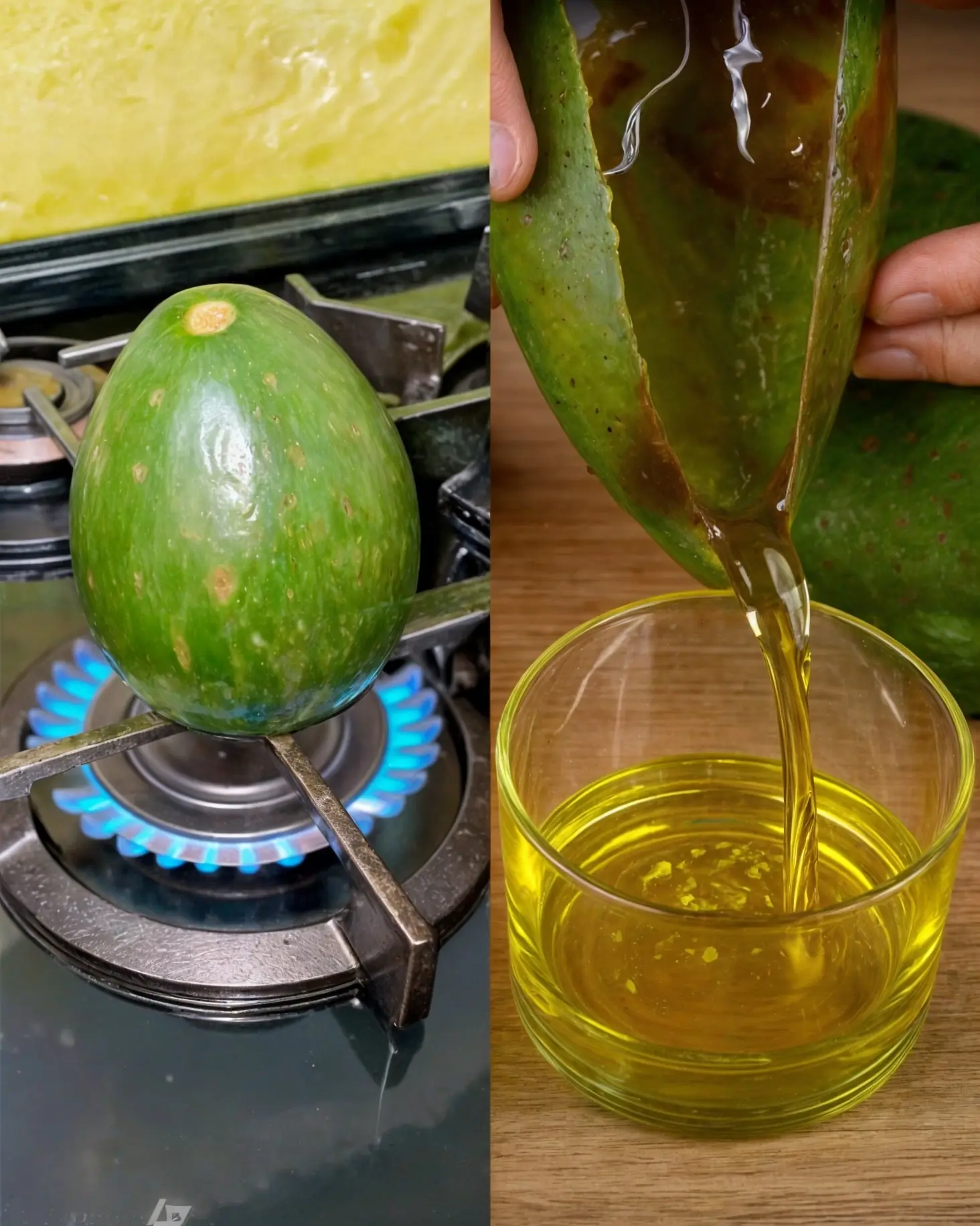
How to Make Homemade Avocado Oil the Easy Way

Cloves: A Natural Solution for Skin Tags and Warts

8 Miracle Drinks to Shield Your Eyes and Boost Vision Naturally

No-Bake Oreo Cheesecake 🍰

Natural Remedies to Improve the Health of Your Veins and Skin
